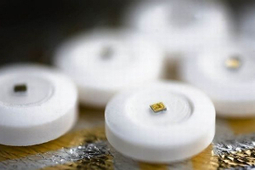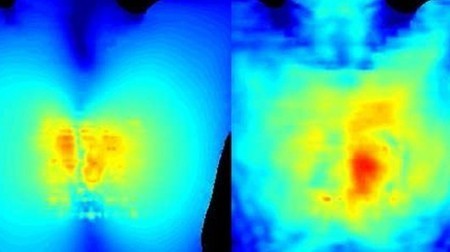Computer chips and silicon micromachines are ready for your body. It’s time to decide how you’ll take them: implantable, ingestible, or intimate contact. Every flavor now exists. Some have FDA approval and some are seeking it. Others are moving quickly out of the research lab stage. With the round one Qualcomm Tricorder X-Prize entries due in one year, we’re soon to see a heavy dose of sensors tied to the mobile wireless health revolution.
With these sensors comes a heavy dose of information about your health, data about what medication you are taking and when you took it. The sensors are available to protect your health, but choosing how to use them and how to protect the privacy of your data will be a matter of personal responsibility.



 Your new post is loading...
Your new post is loading...













